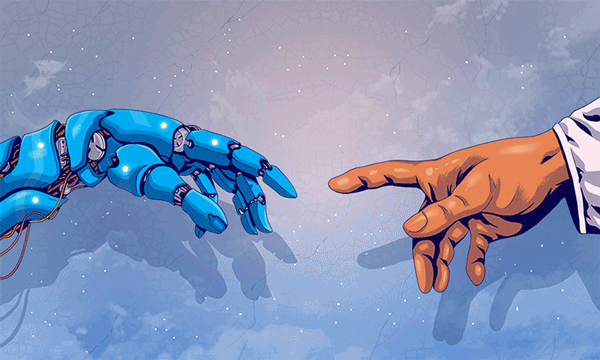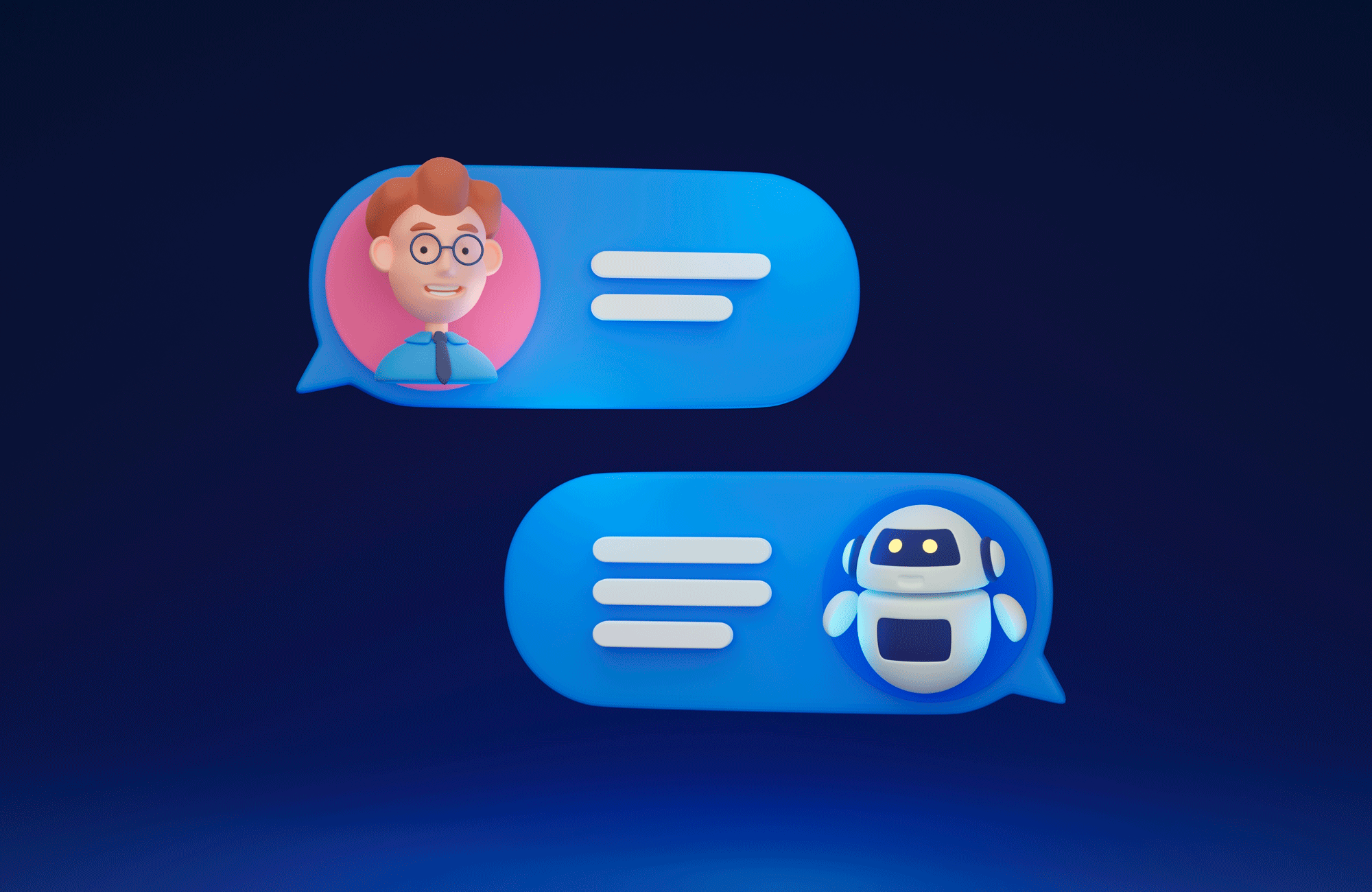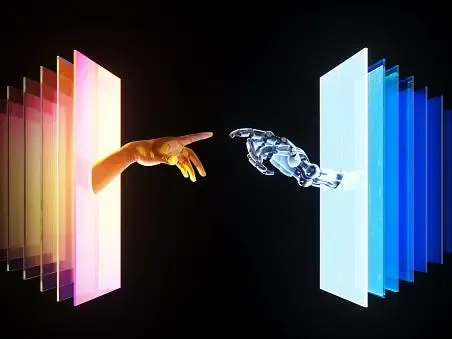AI is evolving from a helpful tool to an essential companion. In 2025, AI-powered agents will take on more autonomous tasks, helping both individuals and businesses. Microsoft remains committed to ensuring AI is safe, secure, and responsible.
“AI is making the impossible feel possible,” says Chris Young, EVP at Microsoft. “We’re seeing a full-scale transformation of how this technology will change our lives.”
With AI adoption soaring, here are six key trends to watch in 2025.
1. AI Models Will Be More Capable

AI models are becoming more powerful, efficient, and tailored for specific industries and applications. Large-scale “frontier models” can already handle a wide range of tasks, from writing to coding, while specialized models are optimized for fields like law, medicine, and scientific research.
“There’s a synergy between how we train AI models and how they power agents in return,” says Ece Kamar, Managing Director of Microsoft’s AI Frontiers Lab. “People will have more options than ever to choose or build models that meet their needs.”
2. AI Agents Will Reshape Work
Nearly 70% of Fortune 500 companies already use Microsoft 365 Copilot to automate repetitive tasks like email management and meeting notes. In 2025, AI agents will evolve further, handling more complex responsibilities and even making autonomous decisions within set parameters.
“Think of agents as the apps of the AI era,” says Charles Lamanna, Corporate Vice President of Business and Industry Copilot. “They will transform every business process and redefine how we work.”
With enhanced memory, reasoning, and multimodal capabilities, AI agents will streamline tasks such as report generation, IT support, and HR queries. Businesses will deploy multiple AI agents to manage supply chains, alert teams to disruptions, and even execute sales orders autonomously.
3. AI Companions Will Simplify Daily Life
Microsoft Copilot will become an everyday AI companion, helping users manage tasks, prioritize information, and even make decisions.
Upcoming features:
-
Copilot Daily: Personalized news and weather updates.
-
Copilot Vision: AI understands and interacts with web pages.
-
Smart Recommendations: AI helps furnish homes and optimize spaces.
These features mark the beginning of AI’s evolution into a deeply integrated personal assistant.
4. AI Will Be More Energy-Efficient

As AI adoption grows, so does the demand for computing power. However, Microsoft and its partners are working to make AI infrastructure more energy-efficient.
Despite datacenter workloads increasing ninefold between 2010 and 2020, electricity demand only rose by 10%, thanks to innovations like:
-
Microsoft’s Custom Silicon (Azure Maia and Cobalt): Designed for high-efficiency AI workloads.
-
Advanced Liquid Cooling Systems: Using cold plates and heat exchanger units to cool large-scale AI systems without excessive water consumption.
-
Carbon-Free Energy Investments: Expanding reliance on wind, solar, geothermal, and nuclear power to support sustainable AI development.
5. Responsible AI Will Focus on Safety and Customization
Responsible AI development hinges on rigorous testing and user customization. In 2025, advancements in AI safety will focus on two main areas:
-
Improved Testing Frameworks: Microsoft is refining AI assessments to detect and mitigate hallucinations (incorrect AI-generated responses) and prevent sophisticated external attacks.
-
Customizable AI Controls: Organizations will gain greater control over AI behavior. For example, companies will be able to set workplace-specific content filters within Microsoft 365 Copilot.
“Control and customization are the future,” says Sarah Bird, Microsoft’s Chief Product Officer of Responsible AI.
6. AI Will Accelerate Scientific Breakthroughs
AI is already driving advancements in supercomputing, drug discovery, and materials science. Microsoft’s AI2BMD model is revolutionizing biomolecular research, leading to faster drug development and enzyme engineering.
“The impact of AI in scientific research is just beginning,” says Ashley Llorens, Corporate Vice President at Microsoft Research. “In 2025, we’ll see AI making measurable differences in solving some of humanity’s most pressing challenges.”
As AI continues to shape the future, one thing is certain: 2025 will be a year of rapid innovation and expanded AI capabilities.
From smarter models and autonomous agents to sustainable infrastructure and scientific breakthroughs, AI will unlock new possibilities for individuals, businesses, and researchers worldwide.







